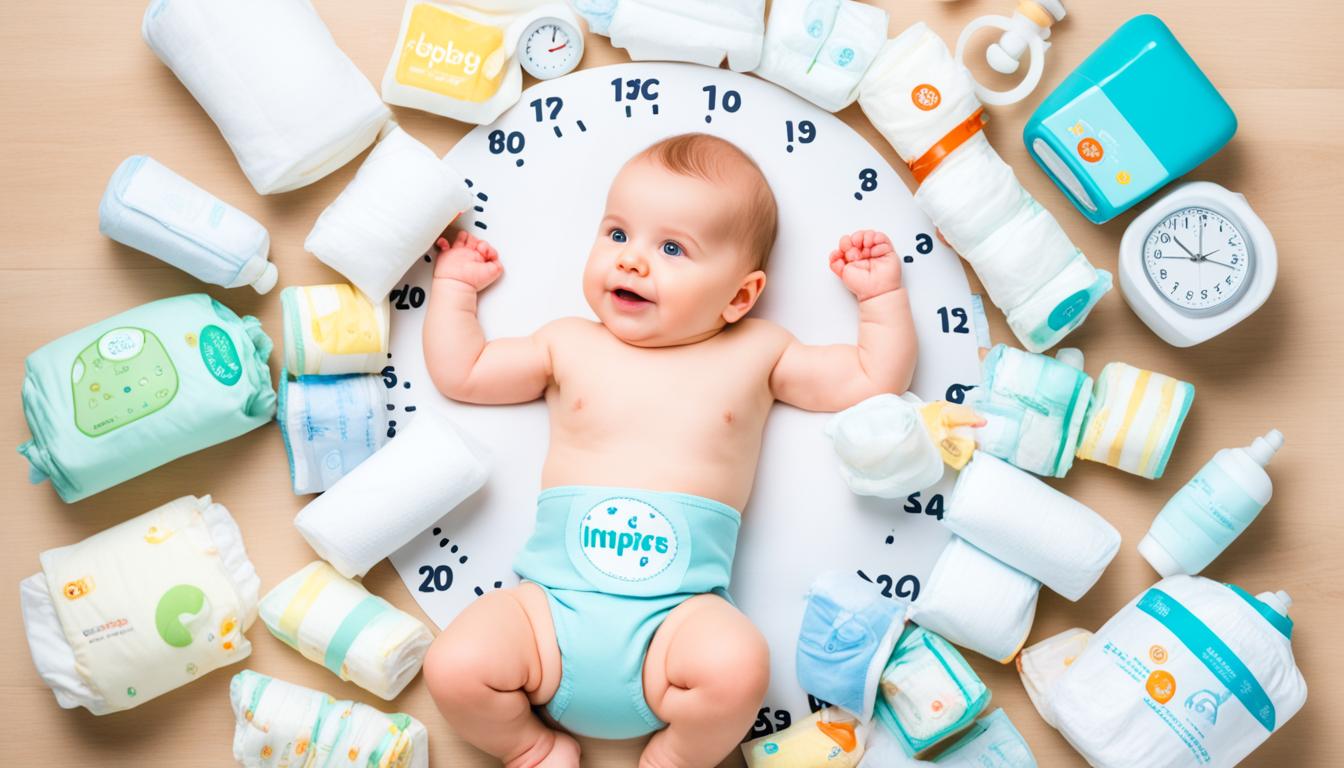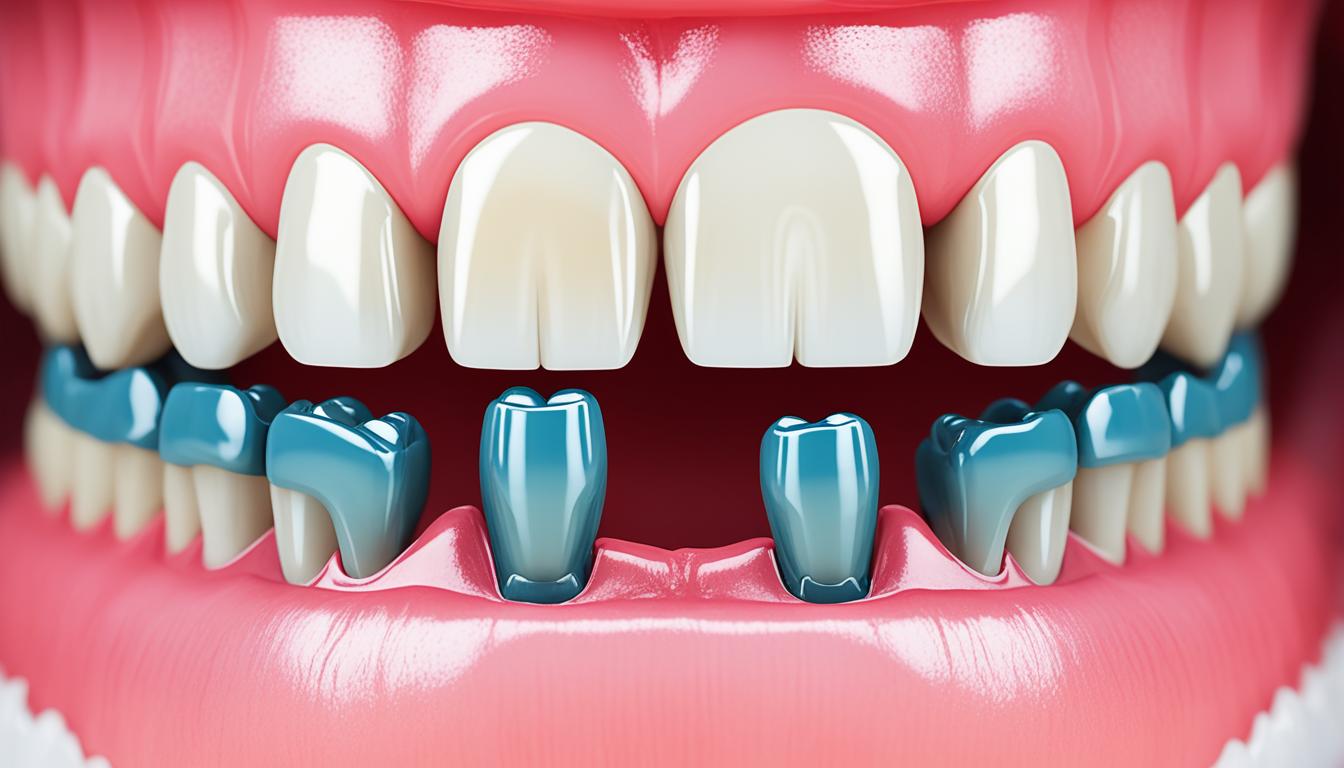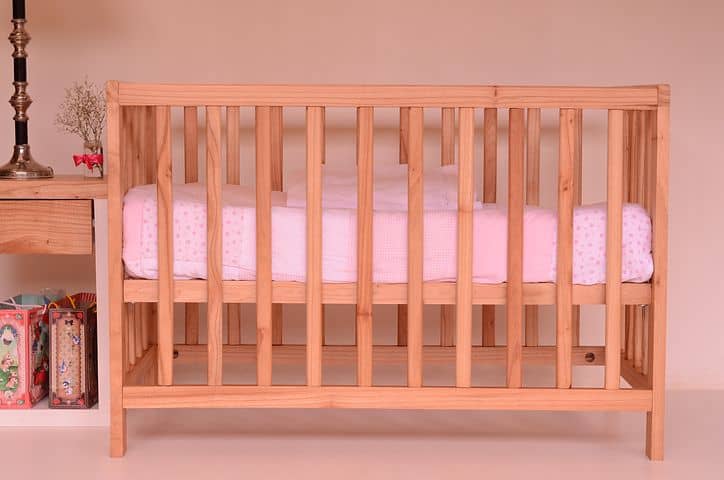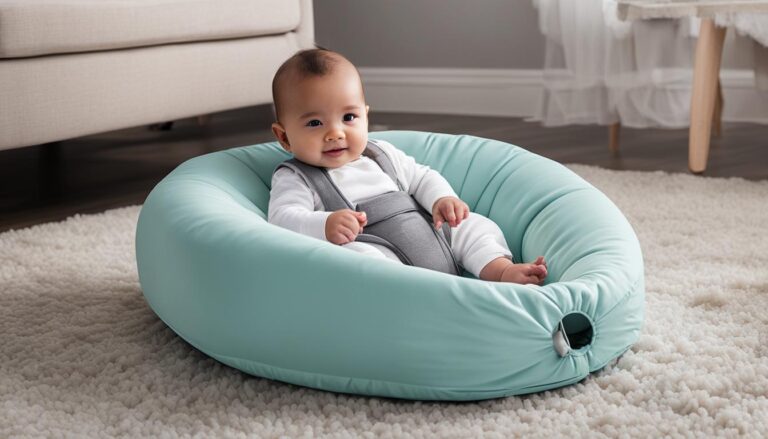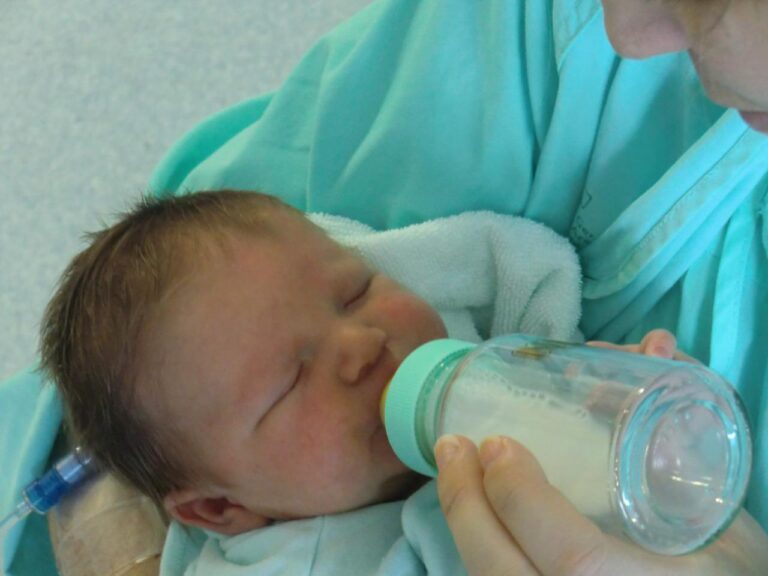My Baby’s Poop Smells Like Vinegar: What Do I Do?
People don’t usually indulge in looking or smelling their own poop. But our stool can tell us a lot about our health.
Many doctors rely on human excrement to tell whether their patients are healthy or not. In fact, doctors use what’s called the Bristol stool chart to gauge whether someone’s bowel movement is normal or not. Scientists also use human waste as part of scientific discoveries about the human body.
Like adults, babies do a lot of pooping, especially once they regularly consume breast milk or formula. And since parents are the ones who have to change the diapers, there’s no denying that you’ll be smelling a lot of stinky poops for a year or two.
But while a stinky bag of poop is the norm, there might be cases where your kid produces a batch of vinegar-smelling stool. But is this something expected?
Skip To The Following Sections
Why Should I Keep An Eye on My Baby’s Poop?
You can tell a lot about your baby’s wellness by the appearance of its poop. Size, consistency, frequency, and smell can help determine if your has a healthy gut.
However, there is no strict guideline on how babies should poop. One infant might poop small nugget-sized stools while another has a more watery texture. Like a lot of things when it comes to parenting, it all comes down to a case-by-case basis.
One thing that all parents will agree on is that baby poop smells terrible. But babies don’t start life making stink bombs. Newborns start out by making stool that barely has any odor. But as good bacteria colonizes your kid’s guts, expect a lot of nasty-smelling poop.
With that said, there are rare instances where the smell is unbearable. You might get to smell a range of foul odors, including a vinegar-like scent.
Why Does My Baby’s Poop Smells Like Vinegar?
Vinegar-smelling poop can be a sign of a medical problem in your baby. Potentially reasons include:
Your Baby Has Food Allergies
At 6 months old, your baby can safely transition from drinking only breast milk or formula to eating solid food. However, you might find that your kid is allergic to some food.
There are many signs and symptoms of allergies, ranging from itchiness, wheezing, and diarrhea. Food allergies can also make your baby’s stool smell sour. This vinegar-like smell comes from the irritated lining of your baby’s guts.
Alternatively, your baby could be food sensitivities. Being sensitive is not as severe as allergies. But it still means your baby has difficulties digesting food like gluten products, nuts, and dairy. Those foodstuffs can irritate the delicate balance of your baby’s digestive tract and produce stinky stool.
Your Baby is Lactose Intolerant
Experts agree that babies shouldn’t have milk until they’re 1 year old. Many infants have trouble digesting cow’s milk at a very young age. Breastfeeding and bottle-feeding are still the best milk source to give to babies.
However, some babies can also be lactose intolerant past 12 months. Lactose can produce sour-smelling stools in babies. Plus, lactose intolerant kids are more likely to have loose stool after consuming dairy.
Your Baby Has a Hard Time Absorbing Nutrients
Vinegar-smelling stools can also be food and nutrients that weren’t properly absorbed by the stomach or intestine walls. Poor absorption is a symptom of a bigger problem, such as a virus, a parasite, or a hereditary illness.
Your Baby has Chron’s Disease
Chron’s disease is an illness that causes inflammation in the digestive tract. It’s a painful disease that causes pain, fatigue, diarrhea, and malnutrition.
While it’s hard to diagnose an infant with Chron’s disease, cases of young children and babies have been recorded before. Chron’s disease has no known cause, but experts speculate that it could be a mix of genetics and autoimmunity.
Chron’s disease makes it difficult for babies and young kids to digest their food and properly absorb its nutrients. The undigested food will pass as stool and smell sour.
What Other Signs Should I Look For?
Pungent-smelling poop shouldn’t be the only thing you’re looking out for. Every cause mentioned above usually has other signs and symptoms.
Allergies can manifest symptoms, including sneezing, runny nose, watery eyes, cramps, and vomiting. The severity also varies from child to child.
Chron’s disease also has plenty of uncomfortable symptoms. Your infant can experience stomachaches, fever, bloody stools, and mouth sores.
While the foul smell can help determine your baby’s health, the scent alone can’t be a deciding factor. You can observe your baby’s stool to see if there are changes in its appearance and consistency.
Treatment for Foul-smelling Stool
Visit your doctor if your baby continues to produce foul-smelling stool. Your pediatrician can run an allergy test to see which food is safe for them to eat.
Unfortunately, there’s no available cure for Chron’s disease. However, your doctor can prescribe treatment and therapy to help relieve your baby’s inflammation.
FAQ:
What other signs should I look out for to determine healthy poop?
Observe how often your baby passes stool, how much they pass, and what color and consistency it has.
Does poop smell differently between babies that breastfeed and formula-feed?
Breastfed babies have little to no odor in their stool compared to formula-fed babies.
Conclusion
Nobody enjoys seeing or smelling poop. But our stools tell a lot about our diet, lifestyle, and well-being. Many medical experts have used poop to find allergies, viruses, and cancer.
Like adults, poop can also determine your baby’s health. A stinky-smelling stool can be a sign of allergies or underlying diseases.
However, the smell isn’t the only thing you should rely on when determining if your baby is sick or not. Other symptoms like diarrhea and stomach cramps are more reliable at telling what’s wrong with your kid. You should also remember that not all poop is created equally!
You’ll be smelling your baby’s poop for quite a while. On the bright side, at least you can tell in a snap if your kid has a bad poo or a good one!


